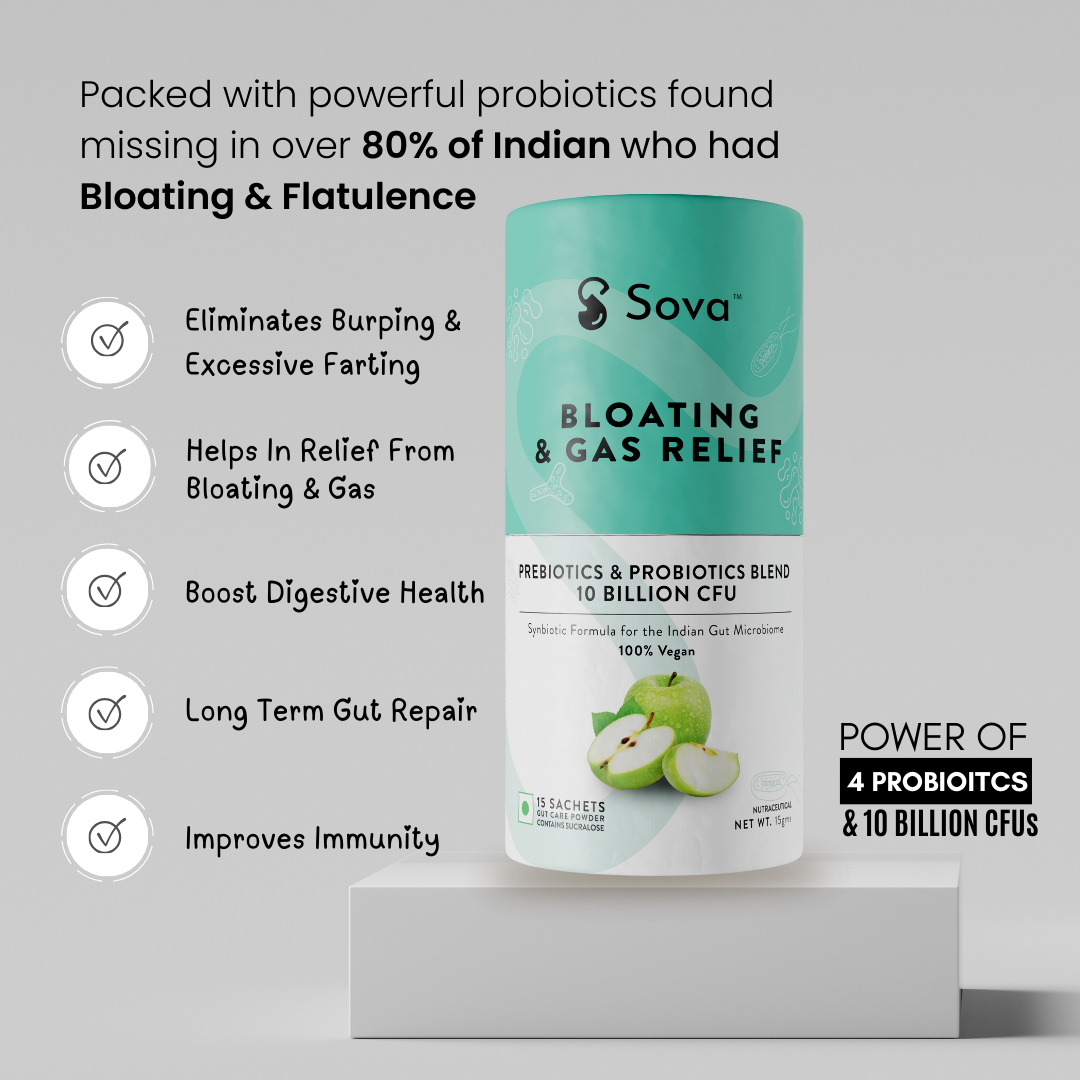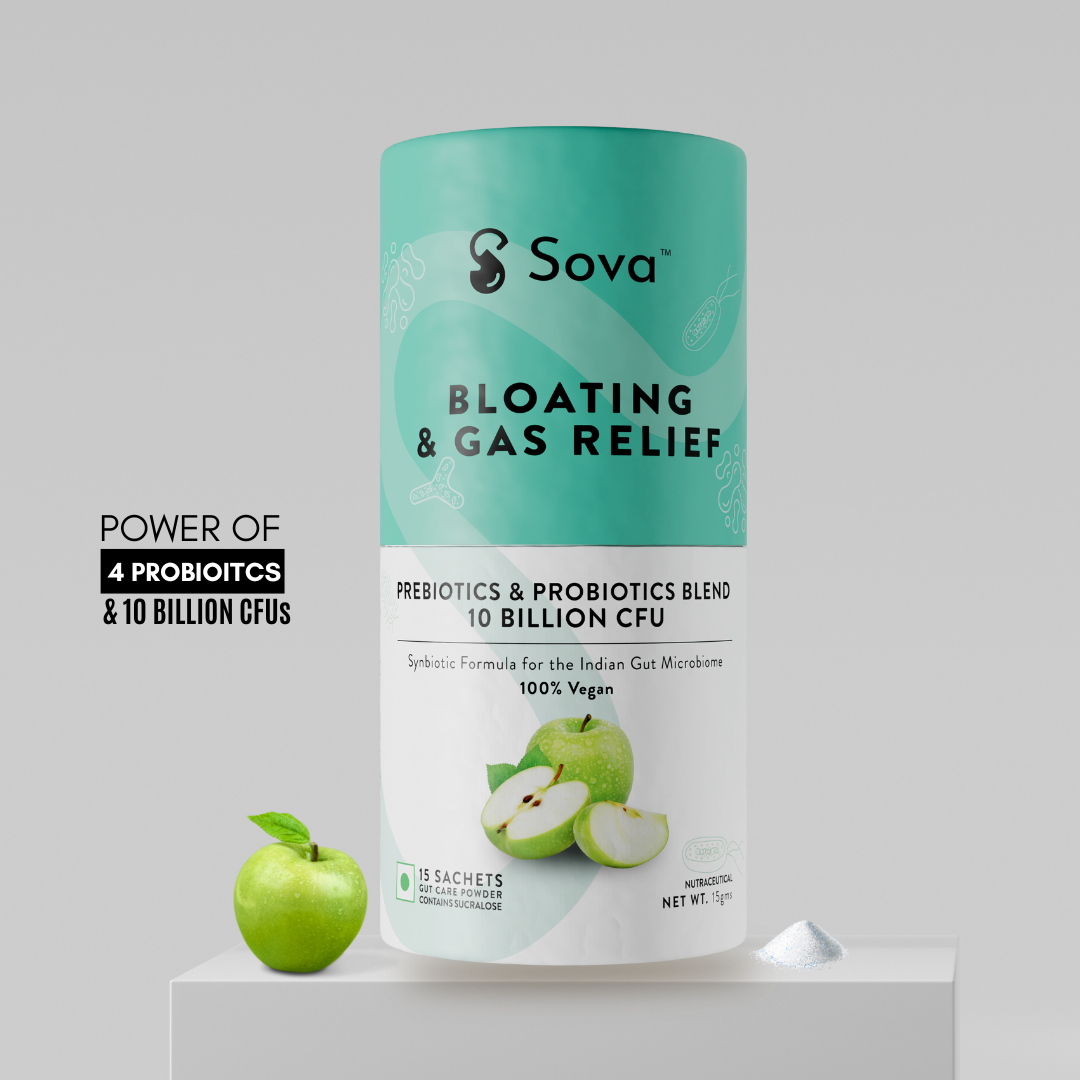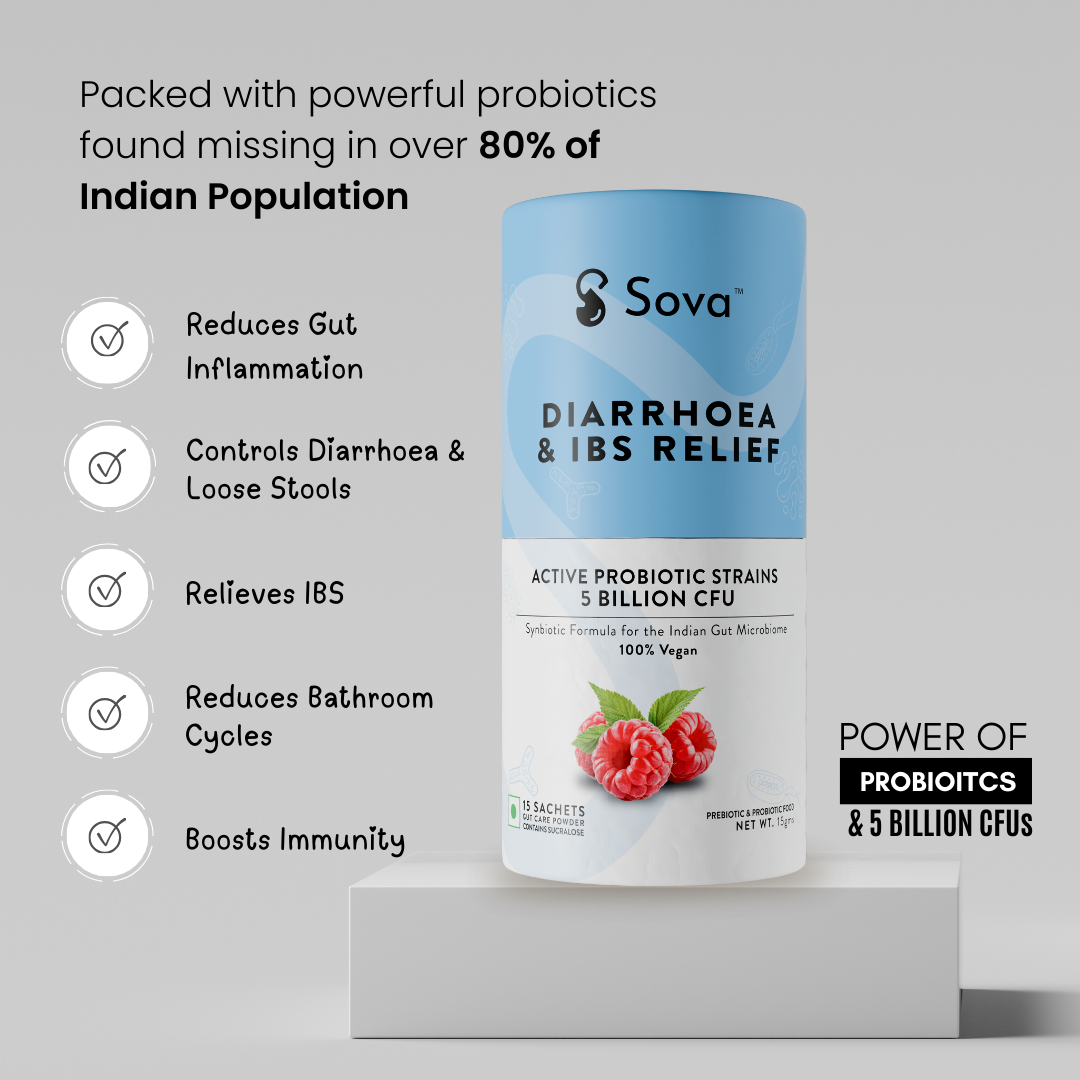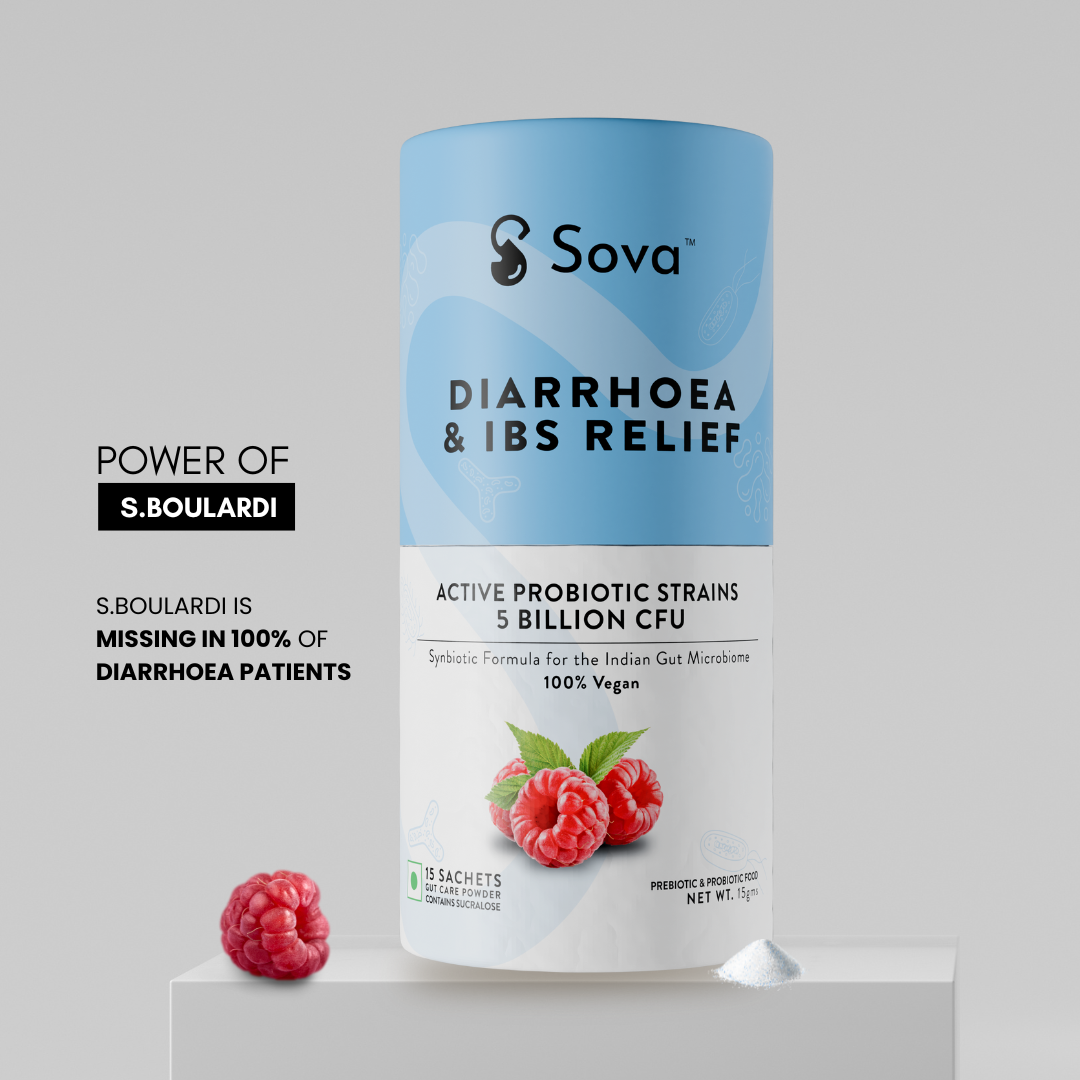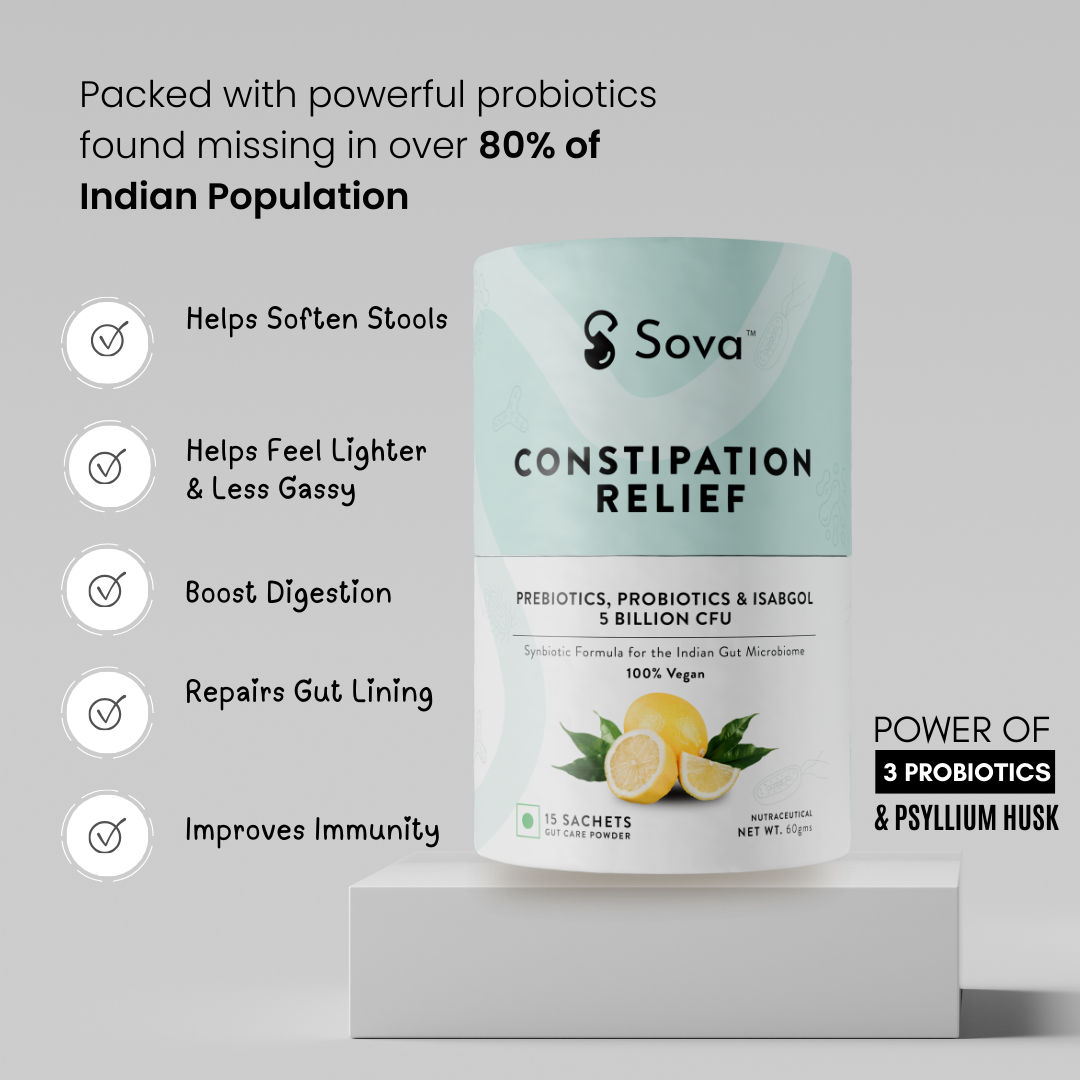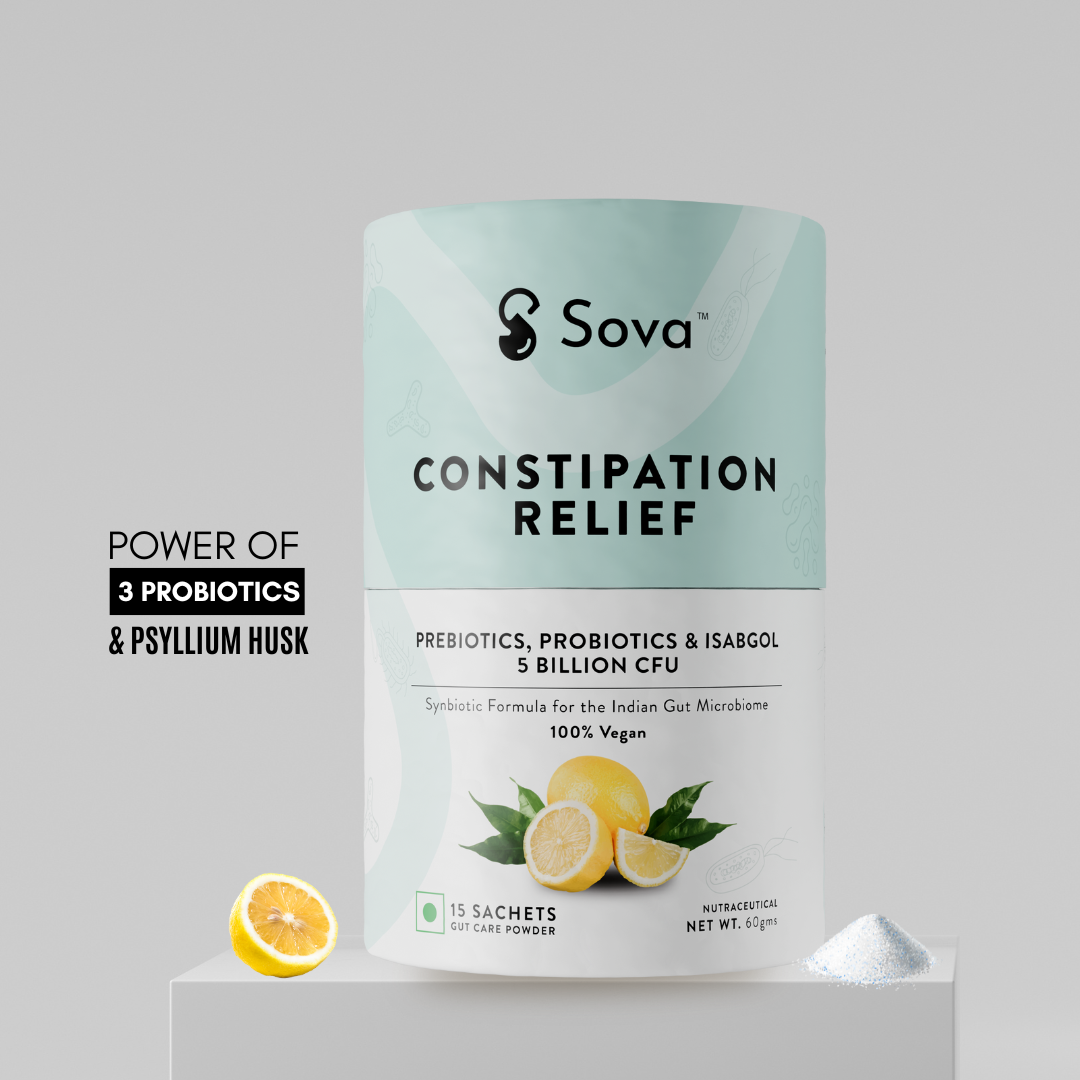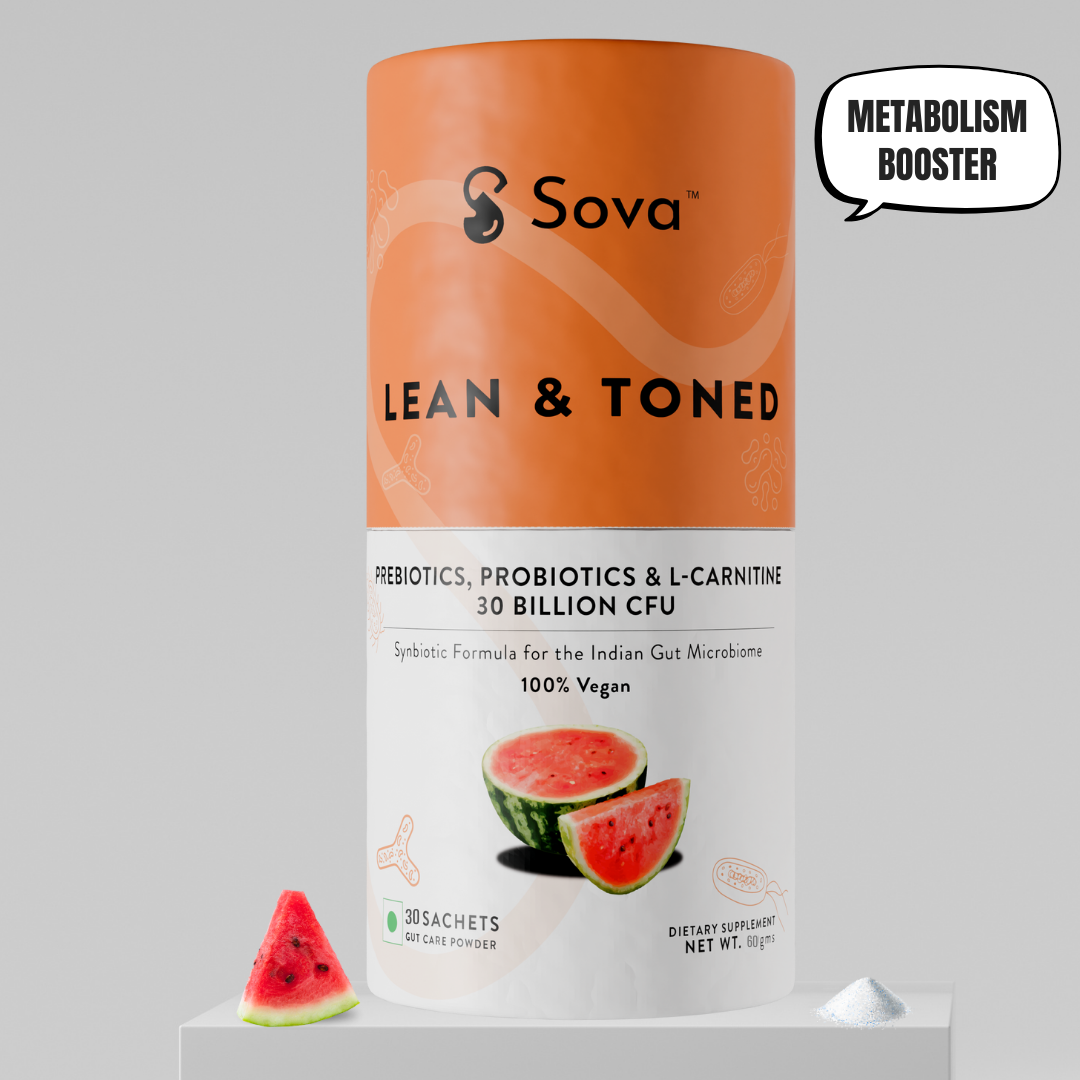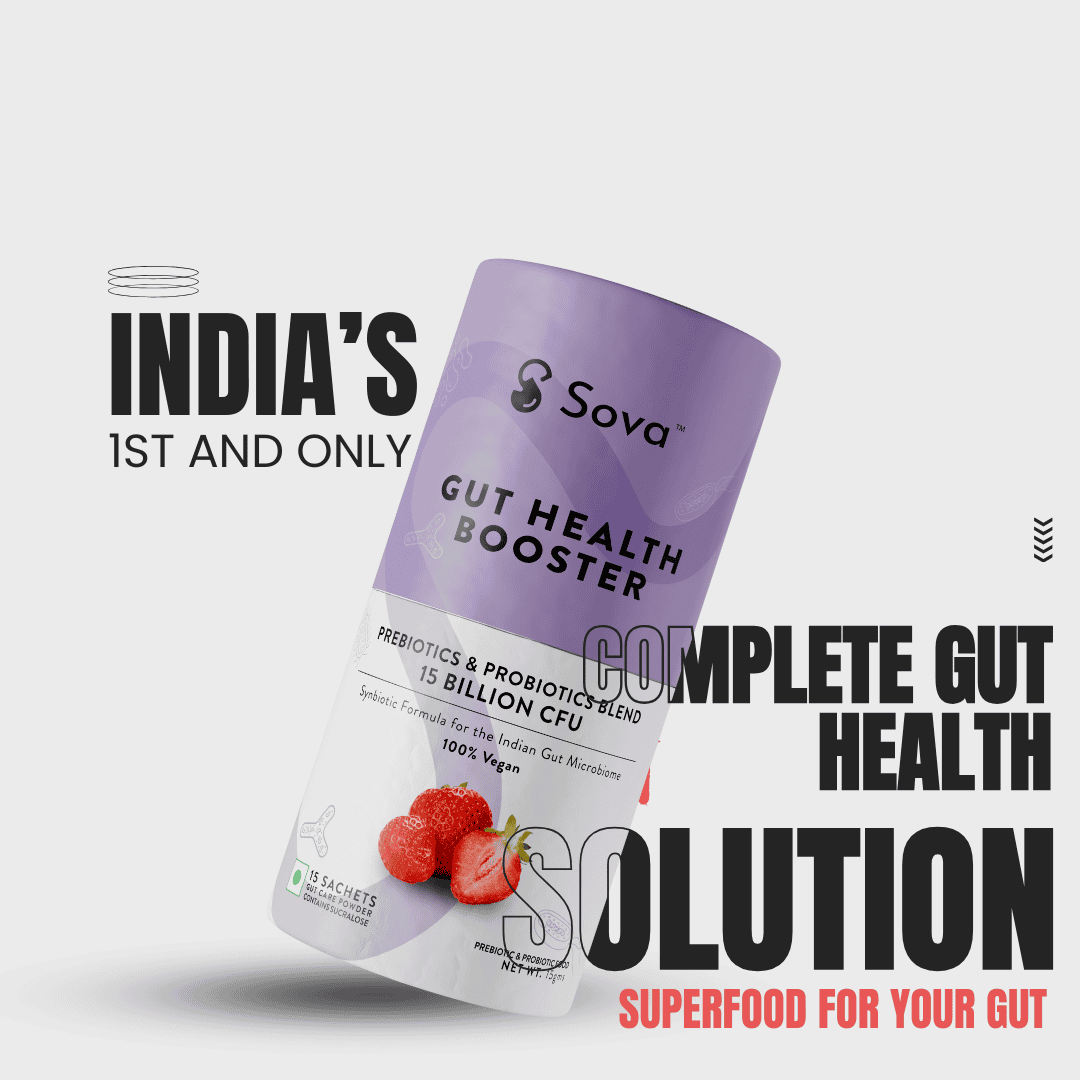Vitamin B12 Deficiency: What is it?
 Vitamin B12, also known as cobalamin, is a nutrient necessary to maintain nerve cells, red blood cells, and DNA synthesis. Thus, it plays a vital role in energy production, and it is an important nutrient for good health.
Vitamin B12, also known as cobalamin, is a nutrient necessary to maintain nerve cells, red blood cells, and DNA synthesis. Thus, it plays a vital role in energy production, and it is an important nutrient for good health.
A deficiency in vitamin B12 is when the body lacks sufficient amounts of the nutrient, showing up in symptoms that almost always touch multiple bodily systems. As the human body cannot produce vitamin B12, its maintenance comes from diet and supplements. Unless treated, it can lead to serious complications, such as permanent damage to the nerves and mental impairments.
Causes of Vitamin B12 Shortage
Several factors can lead to vitamin B12 insufficiency. These include the following:
1. Dietary Restraints
Vitamin B12 is primarily found in animal-based food items, including meats, fish, eggs, and dairy products. Those with a vegetarian or vegan diet are more susceptible to this condition if they do not complement their diets with fortified foods or B12 supplements.
2. Absorption Problems
Some disorders interfere with less than adequate vitamin B12 absorption from food. Pernicious anemia celiac disease and Crohn's disease are just a few examples. Certain types of surgery may limit the absorption of B12: for example, surgeries that remove parts of the stomach or intestines or gastric bypass surgery.
3. Age
The more vitamin B12 that can be absorbed from food, the older people get. Compared to younger people, seniors tend to produce less stomach acid, so it's harder to dissolve the B12 bonds with gastric juice: less stomach acid means less liquid to dissolve the molecules tough way to absorb.
4. Medications
Some medications, such as prescription medications for acid reflux known as proton pump inhibitors and diabetes treatments known as metformin, impair B12 absorption. They either bind with it or damage the intestinal lining. Prolonged usage of these drugs leads to a deficiency.
5. Alcohol Abuse
Heavy drinking causes damage to the lining of the stomach and a decrease in vitamin B12 absorption. Long-term alcohol abuse leads to chronic malnutrition, including vitamin B12 deficiencies.
Also Read: How a Probiotic Diet Can Improve Your Gut Health
Symptoms to Show Your Body Lacks Vitamin B12

The signs of vitamin B12 shortage can be quite varied, ranging from physical to mental. They may appear gradually or worsen over time, so early diagnosis becomes a must. Some of the common symptoms include;
-
Fatigue and Weakness: Lack of B12 impairs the body's ability to produce red blood cells, leading to fatigue and a feeling of weakness.
-
Pale or Yellowish Skin: You could develop pale skin, and in extreme cases, the lack of B12 may turn your skin yellow.
-
Nerve Problems: One of the most common manifestations of a severe deficiency is peripheral neuropathy; hands and feet can feel numb and tingly.
-
Cognitive Issues: One suffers from bad concentration, memory, and mental fogginess if the brain is not getting adequate B12.
-
Changes in Mood: Depression, irritability, and mood swings may be related to the effects of B12 deficiency.
-
Difficulty Breathing and Dizziness: Symptoms arise because the blood has a decreased capacity for oxygen transport.
-
Mouth and Tongue Conditions: Glossitis is an inflamed, swollen tongue and mouth ulcers may also be a sign of the deficiency.
Diagnosis: Test for Vitamin B12 Deficiency
If you feel you have vitamin B12 insufficiency, then it just takes a matter of time and a blood test will let you know if indeed you do. B12 deficiency test measures the level of vitamin B12 in the blood of a patient. Is your level within the normal limit or too low to qualify as a deficiency? The blood test will tell you that.
Your doctor might also check for other markers, such as methylmalonic acid (MMA) or homocysteine. Generally, this elevation in levels can be associated with a decrease in B12 levels. Other investigations sometimes necessary include testing to identify the underlying conditions responsible for it; to make sure it is not an unsuspected case of pernicious anemia or any other condition affecting gut absorption.
Take a Gut Microbiome Test today
Treatment Techniques for Vitamin B12 Shortage
1. Dietary Changes
People with a mild deficiency will easily recover by taking higher foods containing vitamin B12. The meat-based products such as beef, fish, poultry, eggs and dairy products contain very high levels of B12. Non-vegetarians and non-vegans can easily get their daily doses of B12 through their food items while vegetarians and vegans may be required to consume fortified foods, such as plant-based milk and breakfast cereal, or supplemental doses to keep them in the healthy range.
2. Oral Supplements
Vitamin B12 is also available over the counter in vitamin gummies, tablet, capsule, or sublingual tablet form, which dissolves under the tongue. Supplements can help boost levels of this vitamin, especially in individuals who have dietary restrictions or mild deficiencies.
3. Vitamin B12 shots
Shots of vitamin B12 are administered if the deficiency is severe or if the body cannot absorb the vitamin adequately. Injections into the bloodstream ensure that the substance does not pass through the digestive tract, which saves time and accelerates its effect on the body. A series of shots is usually administered over several weeks or months to restock the B12 in the body, and additional shots are provided as deemed necessary.
4. B12 intranasally
A supplement alternative to B12 injections is the form of intranasal B12 as a nasal spray. This is convenient for people requiring daily supplementation but do not want to have injections.
5. Dealing with Underlying Conditions
If a pathological cause, such as pernicious anemia or another gastrointestinal disorder, is present, that root cause must be treated to alleviate the deficiency in the long term. This may involve medication, lifestyle changes, or surgery depending on the underlying problem.
Prevention of Vitamin B12 Deficiency
Prevention of a B12 deficiency is relatively easy for most people, provided they ingest an appropriate amount of the vitamin through diet or supplements. Here are some steps you can take to do so:
-
Eat a balanced diet: Be sure to include enough B12-rich foods in your diet, especially if you are at risk because of some dietary restrictions.
-
For an absorptive problem: If you have a gut disorder that affects nutrient absorption, manage it well with your healthcare provider.
-
Routine blood test: If you fall in the risk group such as the elderly or people with certain clinical conditions, routine blood tests will inform you about your B12 levels.
-
Vitamin B12 supplement: Those who have adopted veganism and vegetarianism, especially and also elderly people may require daily supplements to avoid deficiency.
Myths and Misconceptions About Vitamin B12
There are numerous myths surrounding vitamin B12, its food sources, and its impact on health. Being aware of the facts behind such myths can assist people in making the right health and dietary choices.
Common Misunderstandings About B12 Sources
Common presumptions are that vitamin B12 is naturally occurring in all sorts of foods, including plant-based sources such as seaweed or mushrooms; however, vitamin B12 is produced by bacteria, and natural sources of this vitamin are only found in animal food products: meat, eggs, and dairy. Claims that fermented foods or algae such as spirulina furnish adequate B12 are misleading, as such provisions contain only inactive analogs of B12 that cannot be efficiently utilized by the body.
Can You Get Enough B12 from Plant-Based Diets?
The issue of vitamin B12 considered among vegetarians and vegans to be abundantly available from plant sources has been a definite assumption. Some foods are fortified with B12, but their standard natural plant-based sources do not have much to offer. Strictly plant-based eaters must therefore take fortified foods or supplements to avoid any chance of deficiency. Often, deficiencies develop and some level of signs and symptoms emerge unless there is B12 supplementation given to vegans or even some vegetarians.
The Truth About B12-Fortified Foods
Breakfast cereals, fortified plant milk, and nutritional yeast, usually marketed as reliable sources of vitamin B12, might help to prevent deficiency but not necessarily provide consistent absorption. Although absorption of vitamin B12 from fortified foods differs from absorption of its animal-based counterparts, gut health along with age can influence absorption. Hence, taking fortified foods regularly is very critical, while supplementation could be additionally needed for those in greater need.
Vitamin B12 and Overall Health
 Apart from deficiency prevention, vitamin B12 serves many other purposes in the body. It provides support for brain activity, cardiovascular well-being, and energy metabolism at the general level.
Apart from deficiency prevention, vitamin B12 serves many other purposes in the body. It provides support for brain activity, cardiovascular well-being, and energy metabolism at the general level.
The Connection Between B12 and Energy Levels
Indeed, energy comes high on the list of the conditions that B12 has been said to cure, with a large number of energy drinks and supplements promising an instant boost of energy simply because they contain this vitamin. However, while this vitamin is responsible for energy production at cellular levels in each organism, it would not, by itself, provide any instant surge in energy unless a person already had a deficiency. Supplementation with extra vitamin B12 would not therefore increase the energy levels of normal individuals with already adequate levels.
How B12 Supports Mental Health and Mood
Vitamin B12 is crucial for brain function and neurological health. A deficit has been associated with depression, mood swings, and cognitive problems such as memory loss and brain fog. It also aids in the synthesis of neurotransmitters like serotonin and dopamine, which deal with mood and emotions. Taking care to get enough B12 can help maintain clarity of thought, relieve stress, and promote emotional wellness.
The Role of B12 in Heart and Blood Health
Vitamin B12 is an important vitamin in the production of red blood cells as well as in the prevention of anemia. It also helps to control the levels of homocysteine which is an amino acid that causes a person to become prone to heart diseases when in elevated amounts. Low levels of B12 may result in poor circulation, fatigue and; increased cardiovascular risk. An adequate intake of B12 (from the diet or supplements) falls into the category of measures promoting heart health and prevents blood-related disorders.
Persons can draw meaningful conclusions for making appropriate dietary choices and really taking proactive action to keep good vitamin B12 levels for overall health and wellness.
Also Read: Top 5 Vitamins for Kids and How They Contribute to Overall Health and Well-being
Conclusion
Lack of Vitamin B12 is an extremely common yet ignored health issue that if left untreated may have severe outcomes. Detection of the symptoms and getting an early diagnosis through a B12 deficiency test leads to recovery. Various treatment options are also available, such as diet modification, supplements, and Vitamin B12 injections, thereby helping to manage and even reverse this deficiency, for better health.
More information regarding managing vitamin B12 insufficiency and personalized health solutions can be found through Sova Health at expert guidance and wellness resources.

